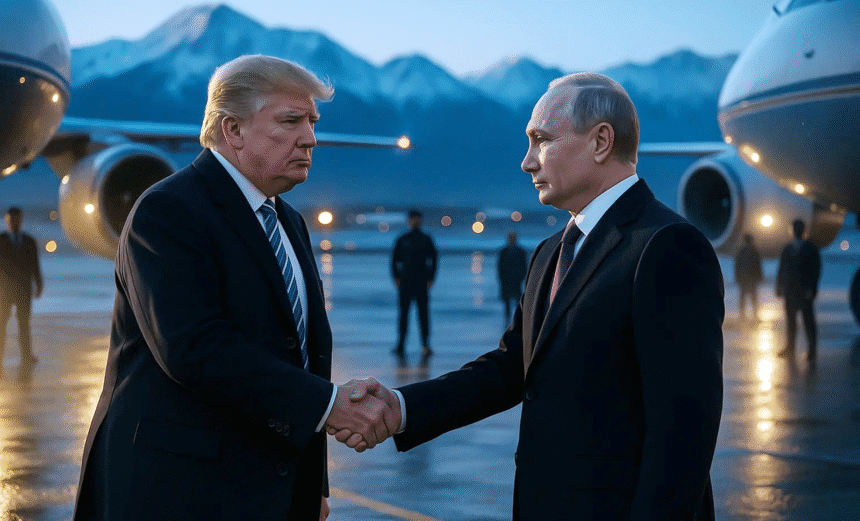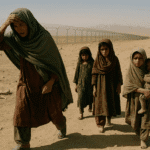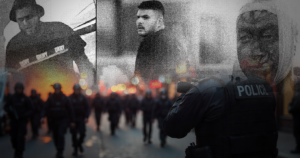Donald Trump has recently asserted that Vladimir Putin is willing to negotiate a settlement over Ukraine, attributing this to the mounting impact of international sanctions and signaling that an Alaska summit may mark the start of peace talks. The summit, scheduled for August 15 at Anchorage’s Joint Base Elmendorf‑Richardson, is designed to advance discussions on ending a conflict that has raged for over three years. This high‑visibility encounter is notable not only for its focus on conflict resolution but also because President Volodymyr Zelenskyy and European leaders were excluded, a point that has drawn alarm in Kyiv.
Territorial Claims, Security, and Ceasefire Prospects
One of the most contentious issues at the core of these talks is territory. Russia insists on gaining more Ukrainian land, including full control of the Donetsk region, while Ukraine rejects territorial concessions but favors a ceasefire along current battle lines and postponing boundary decisions to future treaties, according to The Guardian. Analysts believe the summit may yield a ceasefire and limited border adjustments, stopped short of formal recognition of Russian occupation.
Security guarantees form another battleground. Russia is demanding Ukrainian neutrality and a reduction of its military capacity, which Ukraine sees as a threat to its sovereign defense. Ukraine wants Western security assurances rather than NATO membership. France has proposed a European reassurance force, and Trump has hinted at possible U.S. involvement in such a mechanism, although details remain vague.
Economic Leverage and Sanctions Dynamics
Any concessions from Russia may well depend on the prospect of sanctions relief. Moscow is seeking an easing of penalties and stronger trade ties, but Western governments are expected to hold off until a credible peace deal is in place. Trump warned of escalating consequences if no agreement is struck, originally setting a 50‑day deadline, later reducing it to just ten, though he did not elaborate.
Humanitarian and Legal Complexities
The summit is also rife with sensitive humanitarian and legal disputes. Ukraine demands the return of approximately twenty thousand children forcibly transferred to Russia, while investigations into war crimes and charges against Putin by the International Criminal Court remain unresolved. In addition, post‑war reconstruction, estimated at some €506 billion, is hindered by Russia’s opposition to contributing and debate over using seized Russian assets for rebuilding. Lesser but equally fraught topics include prisoner exchanges and control over the Zaporizhzhia nuclear power facility.
Nuclear Bargaining and Global Ramifications
It has been reported that Putin may place a nuclear arms agreement on the table as a face‑saving offering, potentially transforming the negotiations beyond Ukraine into a broader U.S.‑Russia strategic dialogue, according to Reuters. This addition introduces a significant dimension to the proceedings and carries wide implications for arms control and global diplomacy.
On the battlefield, despite hopes of diplomacy, Russian advances continue, including recent gains near Dobropillia and ongoing aggression in the Dnipropetrovsk region, even as some prisoner exchanges proceed. Trump’s optimism about the summit is tempered by admitting a 25 percent chance it might fail, though he framed it as a foundation for more inclusive talks, possibly involving Zelenskyy later.
Analytical Perspective: Risks, Power Dynamics and Prospective Outcomes
This summit represents a classic diplomatic risk. On one hand, opening channels of dialogue may prevent further bloodshed and create openings for longer term settlements. On the other, marginalizing Ukraine in the process risks undermining Ukrainian sovereignty and legitimizing forced realignments. Without Ukraine’s involvement in the room or as a party, any agreement may lack legitimacy or sustainability.
Security guarantees will be central. Without a credible Western-backed mechanism, Ukrainian sovereignty remains vulnerable, particularly if neutrality is adopted without enforceable assurances. Europe’s coalition preparations and increasing defense spending reflect a recognition of the frailty of peace built on vague promises.
In economic terms, Russia may only respond positively if sanctions are seen as reversible upon compliance. But Western unity on this front depends on tangible, enforceable concessions, not rhetoric. Putin seeking a nuclear accord underscores a drive to balance his image domestically with strategic gains internationally.
Ultimately, if this summit produces only a tentative ceasefire or broad understandings without concrete implementation, its long‑term impact may be limited. That said, it could open paths toward larger multilateral negotiations, especially if a future meeting includes Zelenskyy and European leaders in the fold, as Trump has suggested.
A Final Note
The Alaska summit stands as a high-stakes moment in the search for peace, potentially marking a shift in the trajectory of a war that has devastated Ukraine and unsettled the international order. Yet any agreement struck between Trump and Putin without Ukraine at the negotiating table risks lacking both legitimacy and durability. Peace that is negotiated over the heads of those who are fighting the war cannot truly reflect their needs or rights. Kyiv’s exclusion has already sparked criticism across Europe and among Ukrainian officials, who view it as a concession to Moscow’s preferences and a troubling precedent in international diplomacy.
Without Ukraine’s voice directly involved, the decisions made in Anchorage may be perceived as external impositions rather than a just resolution. This not only undermines Ukrainian sovereignty but also complicates any potential enforcement or follow-through. While Trump has suggested a subsequent summit that would include President Zelenskyy, the initial sidelining of Ukraine raises deep concerns about the priorities and power dynamics at play. Peace may be closer in theory, but its foundations will remain unstable until those most affected are allowed to shape its terms.













